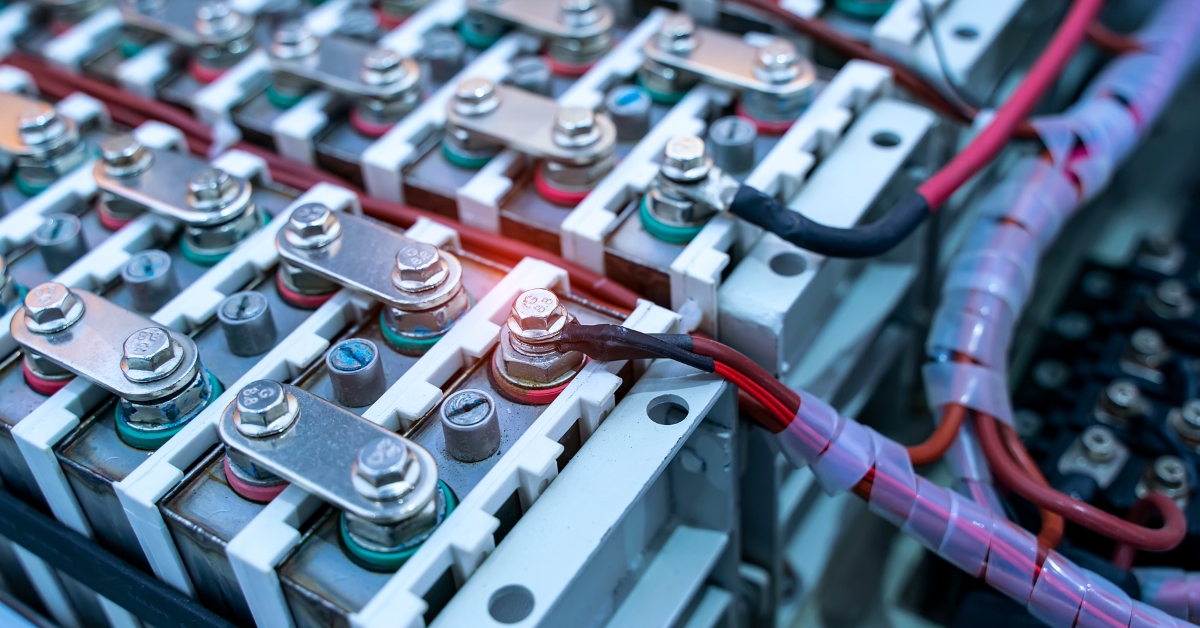
Consumers Are Resisting Biden’s Push for Electric Vehicles
Despite the Biden Administration’s subsidies and strong support of electric vehicles, it appears that consumers are less than impressed. As a result, 2024 may be a year of reckoning for EV makers not named Tesla.
Major players in the automotive industry are reevaluating their EV plans. Ford recently announced it would cut production of its electric F-150 in half. Tesla, GM, and Volkswagen have also scaled back their electric vehicle ambitions. Additionally, the Wall Street Journal reports that at least 18 EV and battery startups, including Nikola and Fisker, are on track to run out of money in 2024. Companies like Lordstown Motors, Proterra, and Electric Last Mile have already declared bankruptcy.
One significant issue plaguing the EV market is the oversupply of electric vehicles on dealership lots. Car dealers are reporting a surplus of EVs, with some lots having a six- to 12-month supply compared to only one month’s supply of gasoline-powered vehicles. Consumers are not only hesitant to buy EVs but are also returning them. Paul LaRochelle, a dealership executive in the Washington, D.C. region, notes that they have seen a steady number of clients attempting to return their electric cars. Furthermore, a recent report from S&P Global Mobility reveals that half of non-Tesla EV owners opt for an internal combustion engine vehicle for their next purchase.
Consumer resistance to EVs is driven by various factors, starting with their high price tags. The average new EV costs over $50,000, even with generous taxpayer credits, making them significantly more expensive than their gasoline-powered counterparts. Range anxiety is another concern, as reports suggest that the actual range of EVs is 25% shorter than advertised. The lack of a reliable charging network further hampers EV adoption, with a Wall Street Journal analysis finding that nearly 50% of non-Tesla superchargers in the Los Angeles area were out of order.
Charging woes are not limited to malfunctioning stations but also include long wait times. One driver who rented an EV for a trip reported spending more time charging the EV than she did sleeping during the trip. Energy Secretary Jennifer Granholm even had the police called on her during an EV road trip when her advance team tried to reserve the last working charging station ahead of her arrival, preventing a family with a young baby from using it.
Additionally, EVs prove to be more expensive to maintain, with Consumer Reports identifying nearly twice as many problems compared to traditional vehicles. Despite these issues, the Biden administration is determined to impose its top-down EV mandate, pushing for two-thirds of all new cars sold in America by 2032 to be EVs, up from the current 6%.
However, the economics of EVs remain challenging. With the exception of Tesla, most EVs are still sold below their manufacturing cost. Lucid Motors, for instance, reported a loss of $227,802 per car sold. Moreover, EVs can be challenging to insure, as highlighted by Rep. Roger Williams (R-Texas), a car dealer with 52 years of experience.
Furthermore, the environmental benefits of EVs are questionable. Reports of African children mining cobalt with their bare hands for EV batteries raise ethical concerns. EVs are also heavier than their internal combustion counterparts, potentially causing double the road degradation, despite not contributing through gas taxes to road maintenance. In some cases, the components used in one EV could be used to make 90 hybrid vehicles, reducing emissions far more effectively.
The government’s track record of picking winners and losers in industries is dubious, and EVs might replace Solyndra as a prime example of this reality. As consumers vote with their wallets, it’s clear that the electric vehicle market has some significant hurdles to overcome before it can claim mainstream success.














